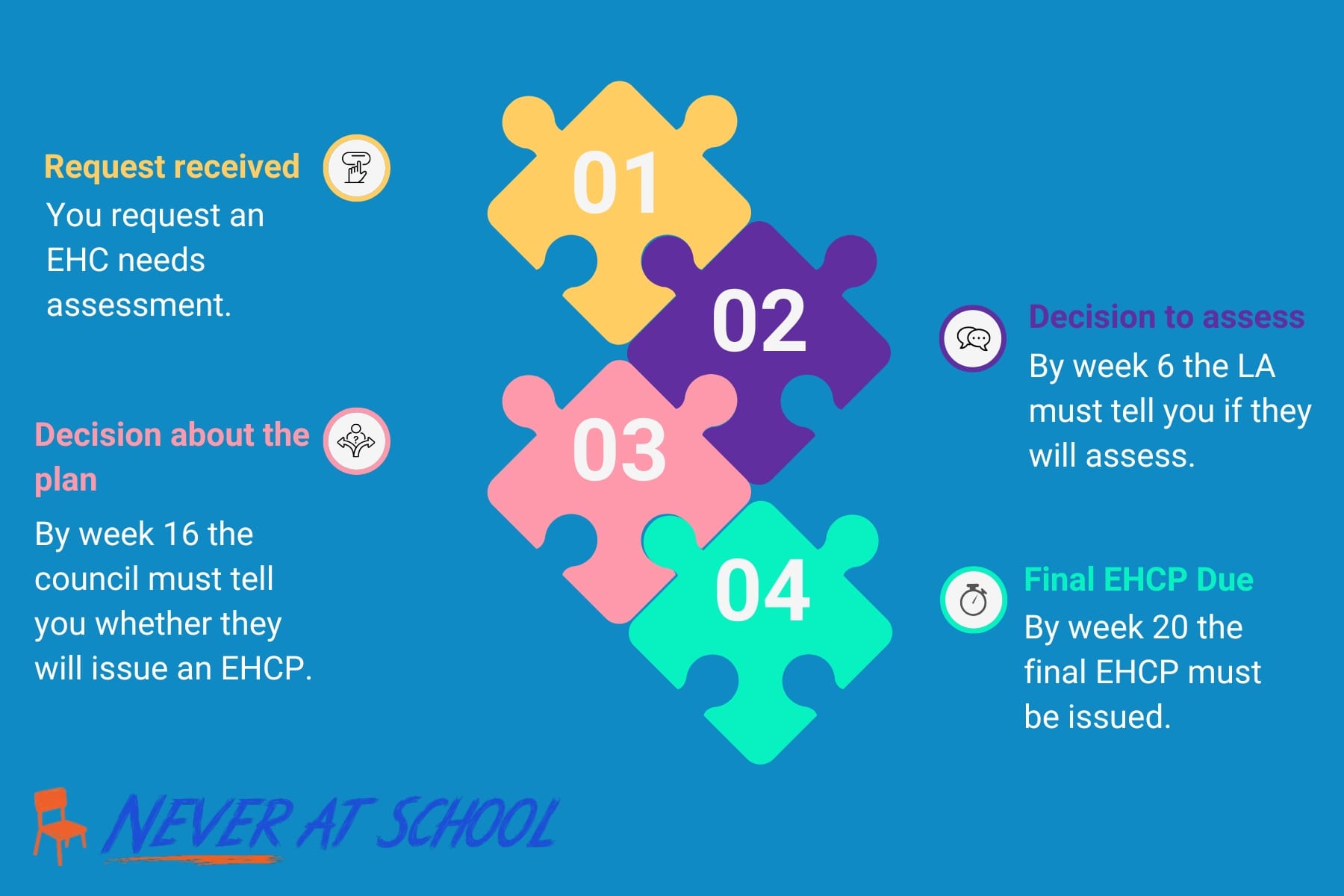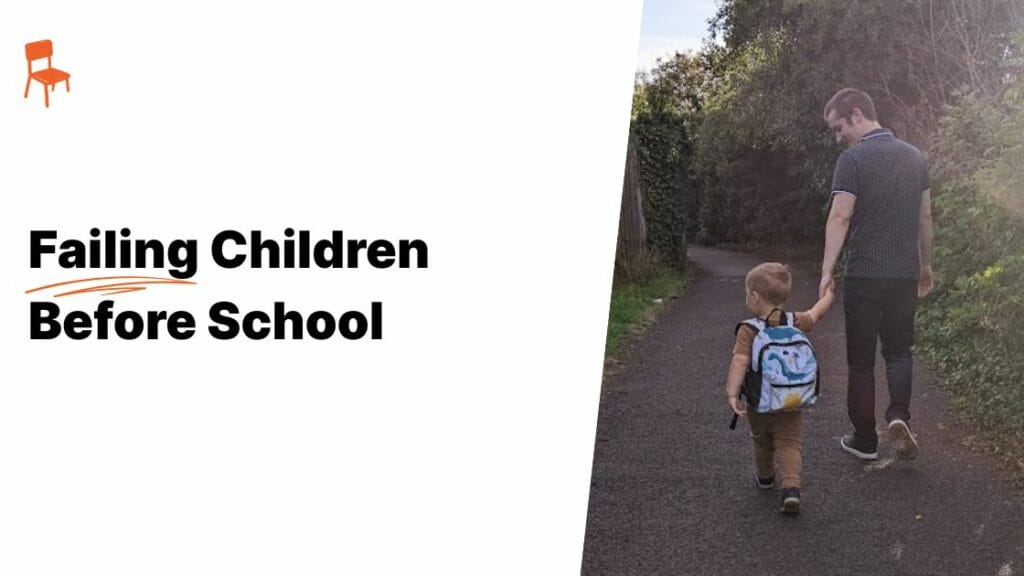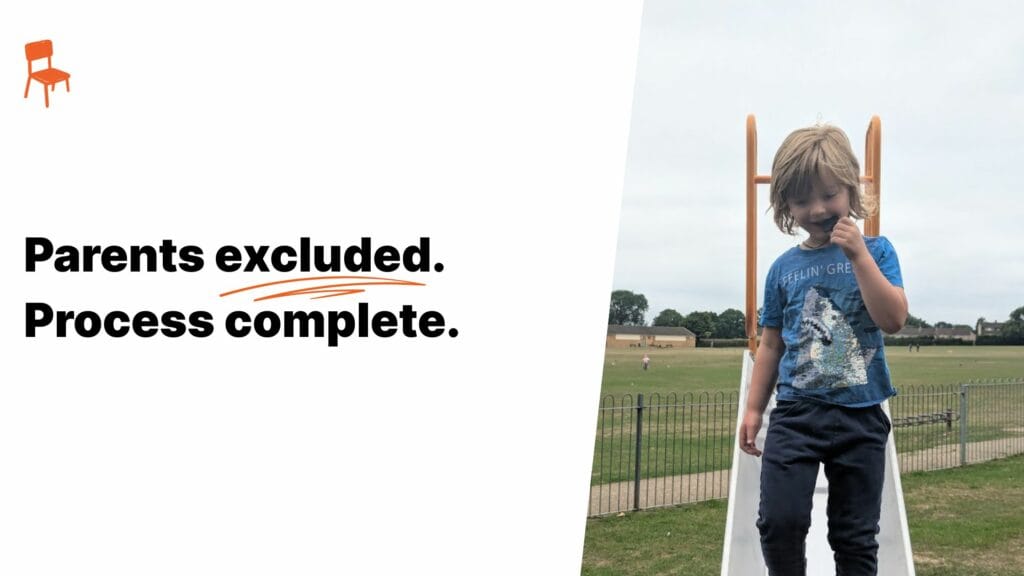Councils are given six weeks to decide whether they will assess a child for an EHCP. It’s meant to make sure children get help quickly, not to give councils an excuse to sit and wait. Hertfordshire treated it like a target, rather than a way to help a child quickly.
Continue reading to see how those six weeks were wasted and what it meant for Oliver.Why Wait Six Weeks?
When you ask a council to assess your child for an EHCP, they have up to six weeks to decide whether they will do it. That is meant to be the maximum time allowed, not a target.
In our case, like with most parents, Hertfordshire County Council took the full six weeks before saying yes. There was nothing complicated about Oliver’s situation, no missing information, and no reason to drag it out for the whole six weeks.
The whole point of the six-week rule is to make sure children get help quickly. It is supposed to stop councils dragging things out. Instead, Hertfordshire used it as a countdown timer, as if waiting until the very last day somehow counted as doing their job.
While they sat on the decision, nothing happened. No support, no updates, nothing.

What The Law Actually Says
The law is quite clear. The SEND Code of Practice says:
“The local authority must decide whether or not to proceed with an EHC needs assessment, and must inform the child’s parent or the young person of their decision within a maximum of six weeks from receiving a request for an EHC needs assessment.”
It doesn’t say they should take six weeks. It says they must decide by six weeks. Councils are completely free to make that decision sooner. In Hertfordshire’s case, it appears they don’t.
The Real Impact
Six weeks might not sound like much on paper, but why would the council not want to get things moving quickly? Hertfordshire Council seems to have a culture of ‘what’s the latest we can do something by’ instead of a culture of ‘how quickly can we support this child’.
If something is so obvious, why would you not agree to assess sooner, and use the time gained to help later in the process? Instead, they push everything to the last possible moment, which means when problems arise (as what happened in our case) they have no choice but to miss key deadlines further on.
For us, it was another reminder that Hertfordshire’s process is not built around the child. It is built around them.
The Bigger Picture
Looking back, that first six-week wait set the tone for everything that happened afterwards. Every step after this seemed to follow the same pattern of doing the bare minimum and waiting until the last possible moment. It showed us early on that we were going to have to push them at every stage of the process.
Next Up: Communication and Assessment Failures at Hertfordshire County Council







